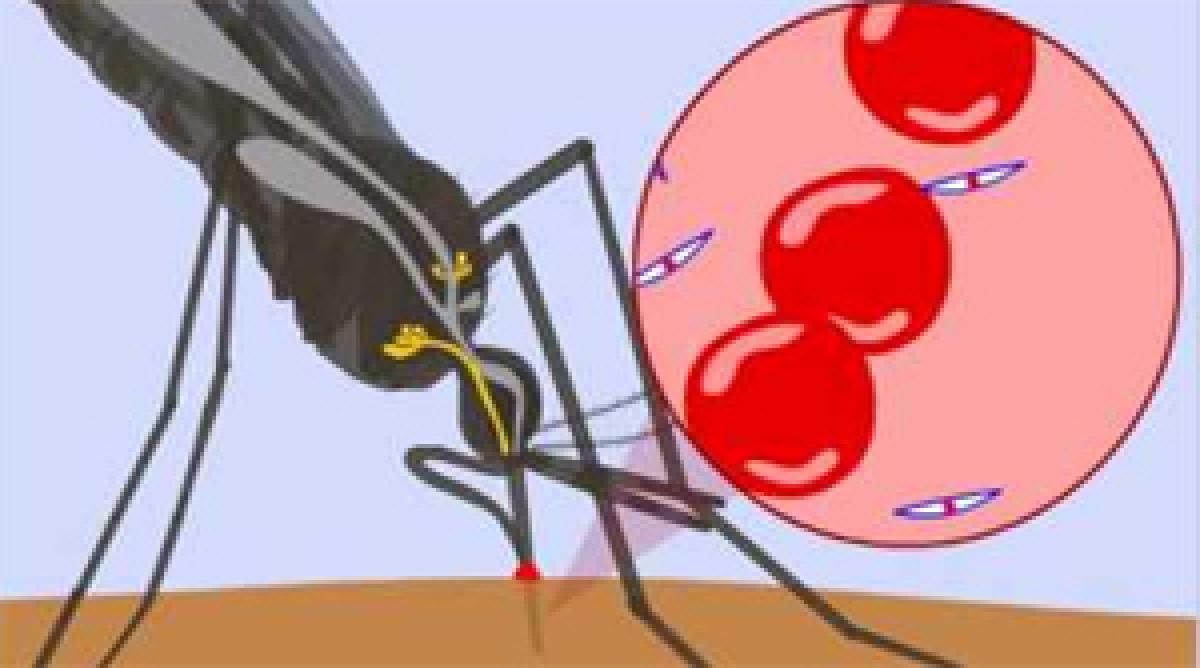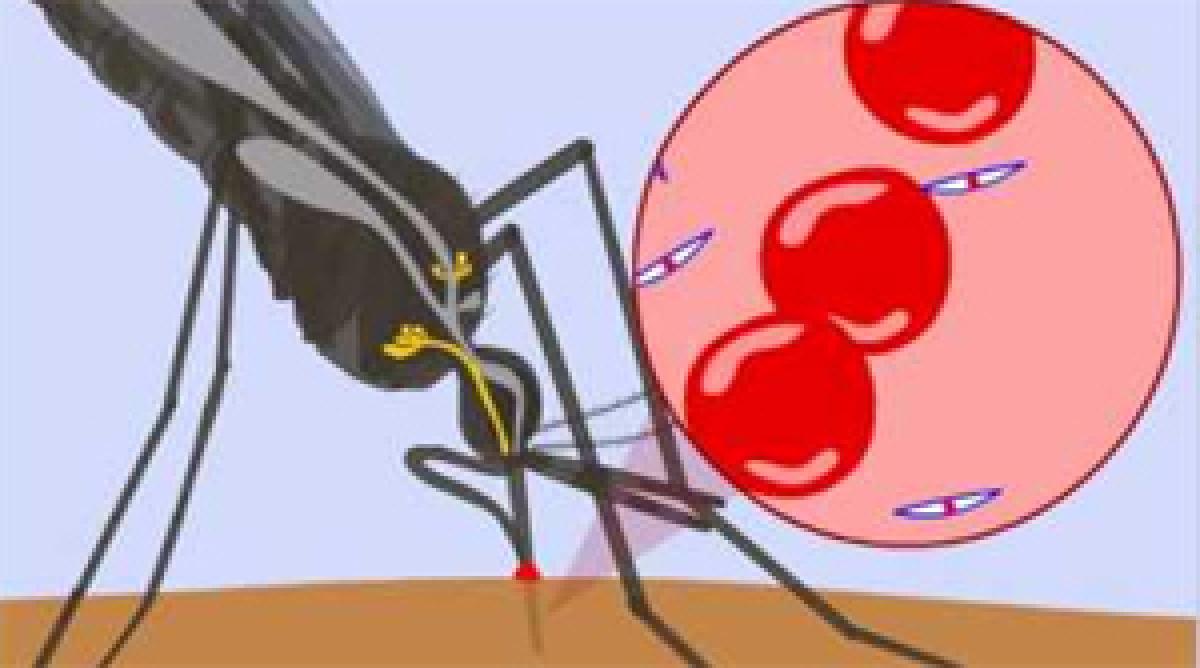Live
- BJP MP candidate Bharat Prasad visited the student who tried to commit suicide
- PM’s popularity in the fast lane: Autos with 'Har Dil Mein Modi' slogan spotted across Delhi
- Delhi-based political parties are like East India Company: Sukhbir Badal
- Golf: Diksha moves into Top-20 at South African Women’s Open
- KCR lashes out against BJP and Congress for destroying Telangana
- Dairy Science students visited the Milk cooling plant
- Moody feels Pant ahead in keepers’ race for T20 WC squad; Srikkanth picks Rahul over Samson as reserve keeper
- Thanking voters for extending 'unparalleled support' to NDA, PM Modi says second phase 'too good'
- Natural Relief for Menstrual Cramps: Beetroot Juice Recipe
- Asha Worker died in a road accident





 Washington DC: Scientists have identified new ways which help the malaria parasite survive in the blood stream of its victims, and the finding could lead to new treatments for the disease.
Washington DC: Scientists have identified new ways which help the malaria parasite survive in the blood stream of its victims, and the finding could lead to new treatments for the disease.



